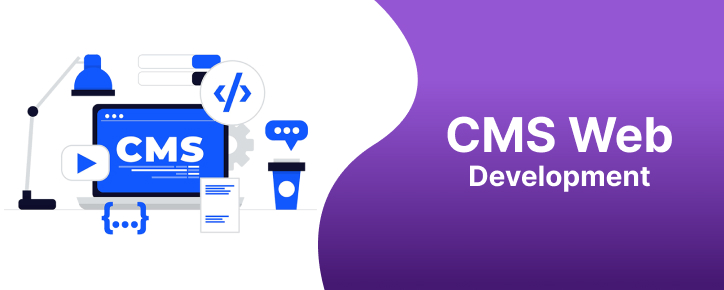
CMS Web Design & Development
CMS development involves creating a content management system that allows businesses or organizations to easily manage and update their website's content without needing technical skills or knowledge. Here are some tips for CMS development:





